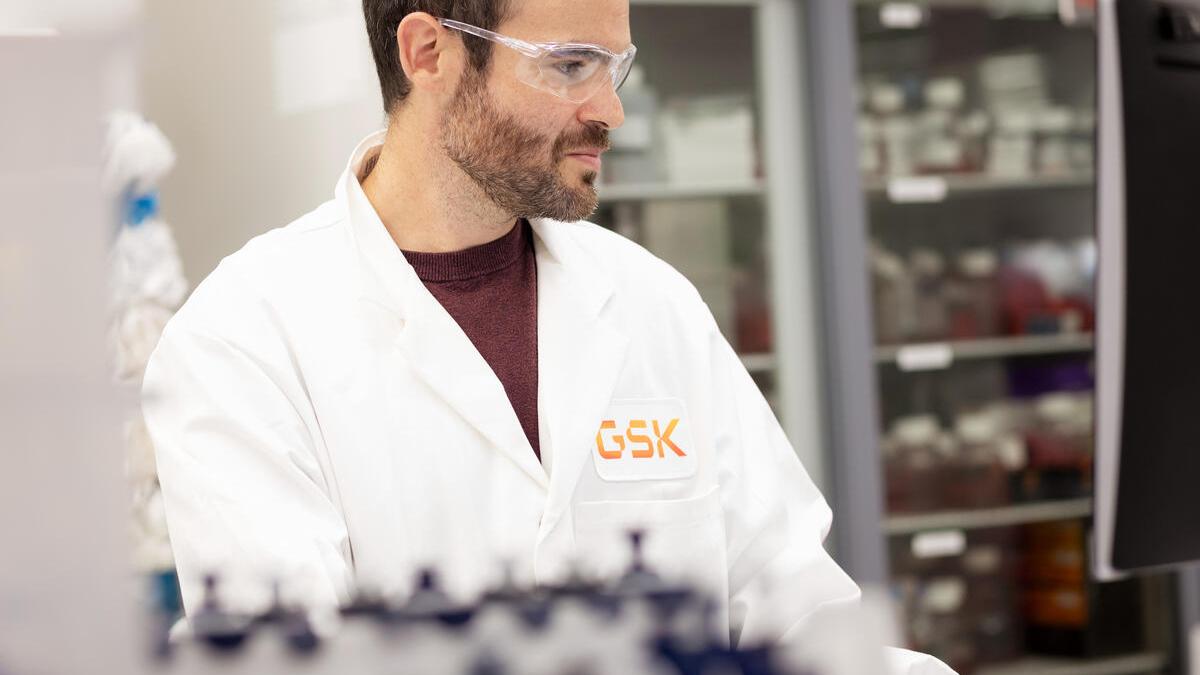GSK "well positioned" to weather pharma tariffs

GSK has posted a solid set of financial results in the first quarter of this year and said it is not too worried about the financial impact of potential pharma-specific US tariff rules.
The UK-headquartered group said total sales rose 4% to £7.52 billion ($10.05 billion), with a weaker vaccine performance offset by gains in specialty medicines, and kept earlier guidance of a 3% to 5% increase in revenues for 2025 as a whole.
On the threat of tariffs, GSK said: "The company is well positioned to respond to the potential financial impact of sector-specific tariffs, should they be implemented, with mitigation options identified in the supply chain and productivity initiatives."
GSK's chief executive, Emma Walmsley, said this morning that one option under consideration was speeding up deployment of artificial intelligence to drive "productivity initiatives" that could help offset any increases in its cost base, as well as changes to sources for ingredients and other raw materials and increase manufacturing of medicines in the US.
In its update, GSK reported a 17% rise in specialty medicines across its HIV, cancer, and respiratory business to £2.93 billion, with good performances for long-acting HIV drugs, severe asthma therapy Nucala (mepolizumab), and lupus medicine Benlysta (belimumab), while its oncology grew more than 50% to £415 million.
Vaccine sales reflected continuing weakness in shingles shot Shingrix and Arexvy for respiratory syncytial virus (RSV), falling 6% to £2.10 billion, although, the company is hopeful of a recovery in the latter following recommendations for its use in a wider patient population in the US.
"Specialty medicines, our largest business, delivered strong sales contributions in the quarter, and R&D progress continued, with two of the five FDA product approvals expected this year now secured," said Walmsley.
She added that the company is "very focused" on preparing for the forthcoming relaunch of blood cancer drug Blenrep (belantamab mafodotin), the rollout of Nucala in chronic obstructive pulmonary disorder (COPD), and a debut for its new asthma biologic depemokimab.
In the first quarter of this year, it also picked up new approvals for Penmenvy, a new meningitis vaccine, and first-in-class antibiotic Blujepa (gepotidacin).
"This momentum, together with the strength of our portfolio and proven ability to drive operating leverage, underpin our confidence in guidance for the year and our longer-term outlooks," said Walmsley.












